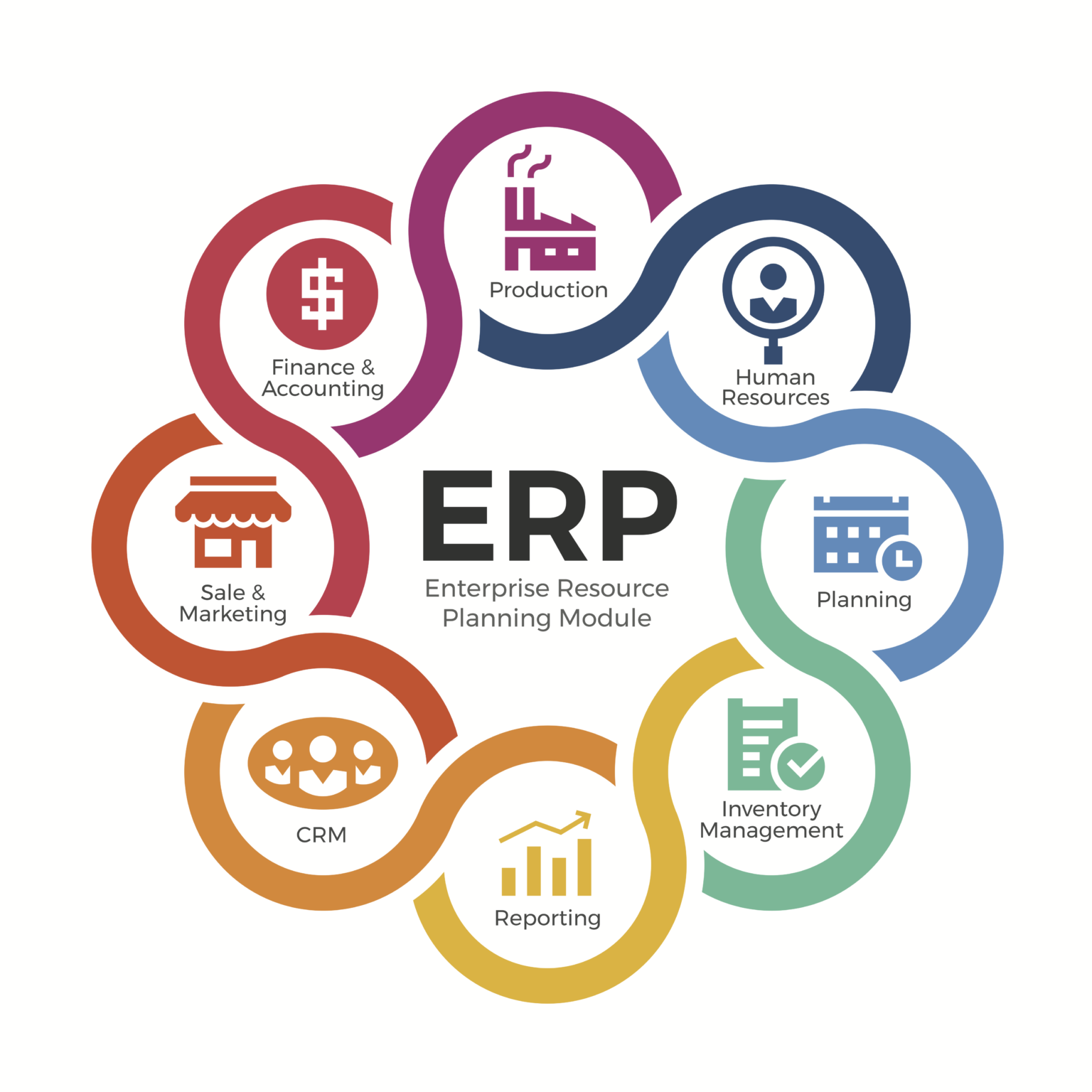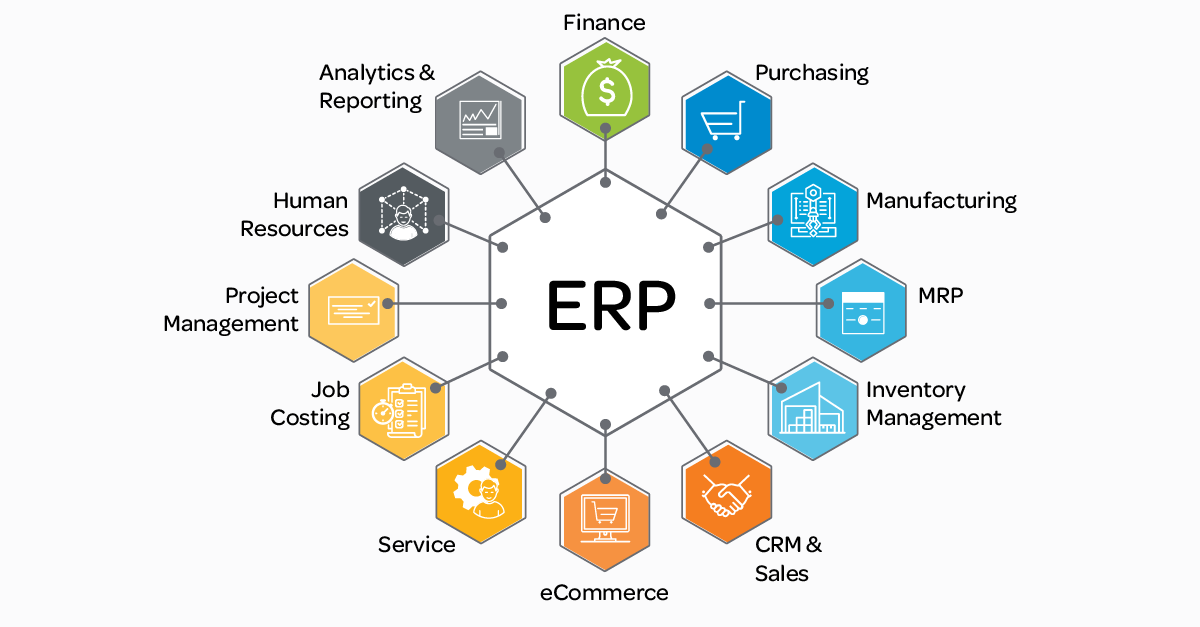What is erp?
An ERP (Enterprise Resource Planning) system is a crucial tool for companies looking to streamline their operations and maximize efficiency. Let's explore what an ERP system entails and why it is essential for businesses in today's fast-paced world.
What is an ERP System?
An ERP system is a software solution that integrates various core business functions such as finance, procurement, human resources, manufacturing, and customer relations into a single, unified platform. This integration allows for seamless communication and data sharing between different departments, promoting collaboration and enabling better decision-making.
Why Does a Company Need an ERP System?
There are several compelling reasons why a company needs an ERP system:
1. Streamlined Operations
An ERP system eliminates the need for separate standalone systems for different functions, such as accounting software, inventory management software, and customer relationship management tools. By integrating these functions into a single system, companies can streamline their operations and eliminate redundant processes. This not only saves time but also reduces the chances of errors and allows for better resource allocation.
2. Improved Visibility and Decision-Making
With an ERP system, companies gain real-time visibility into their operations. The system collects and consolidates data from various departments, providing a comprehensive view of the organization's performance. This allows managers to make informed decisions based on accurate and up-to-date information. Whether it's monitoring inventory levels, tracking sales trends, or analyzing financial data, an ERP system provides insights that can drive strategic decision-making.
3. Enhanced Collaboration and Communication
One of the key benefits of an ERP system is the improved collaboration and communication it facilitates. By centralizing data and processes, employees from different departments can access and share information easily. This eliminates silos and promotes cross-functional collaboration, resulting in improved workflows and increased productivity.
How Does an ERP System Work?
An ERP system typically consists of several modules, each dedicated to a specific function, such as finance, supply chain management, and human resources. These modules are integrated and share a common database, ensuring data consistency and eliminating duplication.
When a new sale is made, for example, the ERP system automatically updates inventory levels, generates an invoice, and updates the financial records. This automation eliminates the need for manual data entry and reduces the chances of errors.
Conclusion
In conclusion, an ERP system is an indispensable tool for modern businesses. It streamlines operations, improves visibility and decision-making, enhances collaboration and communication, and automates processes. By investing in an ERP system, companies can stay ahead of the competition, adapt to changing market dynamics, and achieve sustainable growth.
Images:
Image 1

Image 2
